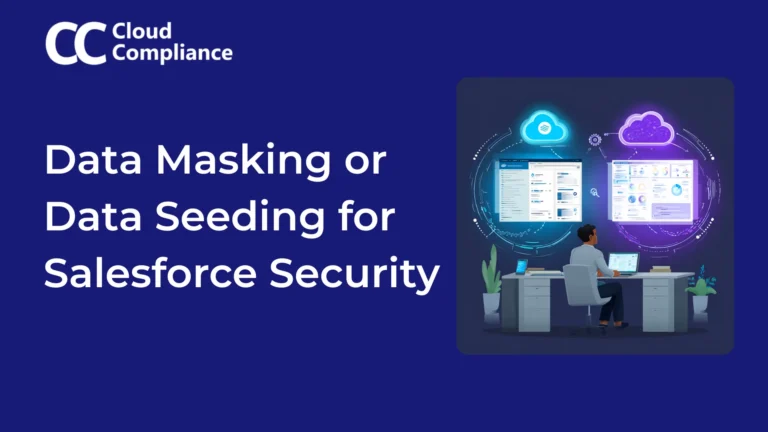
Data Masking vs Data Seeding in Salesforce: Which Approach Actually Protects Your Sensitive Data?
Data masking vs data seeding: Which approach keeps your Salesforce sandbox secure while enabling development teams?
What?
This is a plain English guide that provides a clear understanding of the GDPR’s impact on Salesforce and explores the benefits of automating compliance processes.
Who?
Salesforce administrators, data protection officers, compliance teams, and developers.
Why?
Ensure efficient management of RTBF & Data Portability requests.
Guarantee legal compliance & respect for data privacy.
What can you do with it?
The General Data Protection Regulation (GDPR) has significantly altered how businesses handle personal data, introducing strict guidelines for the Right to be Forgotten (RTBF) and Data Portability.
In addition to GDPR, businesses must also comply with other emerging data privacy regulations, such as India’s Digital Personal Data Protection (DPDP) Bill, Australia’s Privacy Act, and the California Consumer Privacy Act (CCPA) / California Privacy Rights Act (CPRA).
Automating compliance processes within Salesforce can help organizations maintain a consistent and efficient approach to managing personal data across multiple regulatory frameworks.
In today’s data-driven world, adhering to GDPR regulations is crucial for several reasons:
The GDPR mandates businesses to be transparent about the data they collect and how it’s used and to provide individuals with control over their personal information. This translates to specific requirements within the Salesforce ecosystem, such as:
The RTBF allows individuals to request the deletion of their personal data. Automation can simplify this complex process.
By integrating solutions that automatically identify, classify, and remove personal data upon request, businesses can ensure compliance while minimizing manual efforts.
Tools like Cloud Compliance offer email-to-case automation, secure validation links, and integration with Salesforce communities, providing a robust framework for handling RTBF requests securely and efficiently.
Similarly, data portability — the right for individuals to receive data in a structured, commonly used format — requires meticulous data management. Automated solutions facilitate the extraction and packaging of data within Salesforce, ensuring that businesses can meet these requests promptly and accurately.
Automating compliance processes within Salesforce offers several advantages:
Advanced automation and auditability will be key in managing data requests. Automation offers scalability and adaptability to data model changes, while robust audit trails support compliance with privacy regulations.
Through automation, businesses can realize operational benefits, reduce manual efforts, and ensure comprehensive compliance.
By leveraging tools like Cloud Compliance’s Privacy Rights Automation, businesses can confidently navigate the complexities of GDPR compliance, ensuring a secure, efficient, and compliant data management process.

Saurabh is an Enterprise Architect and seasoned entrepreneur spearheading a Salesforce security and AI startup with inventive contributions recognized by a patent.

Data masking vs data seeding: Which approach keeps your Salesforce sandbox secure while enabling development teams?
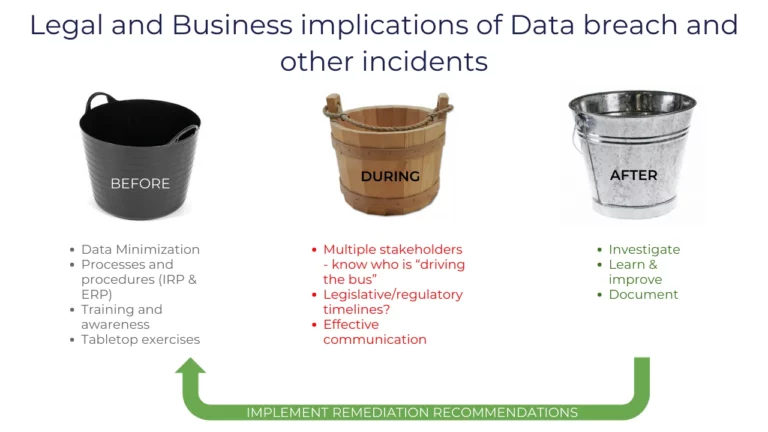
Because in the realm of data security, especially concerning Salesforce, understanding the holistic approach to data protection is not just beneficial – it’s essential.
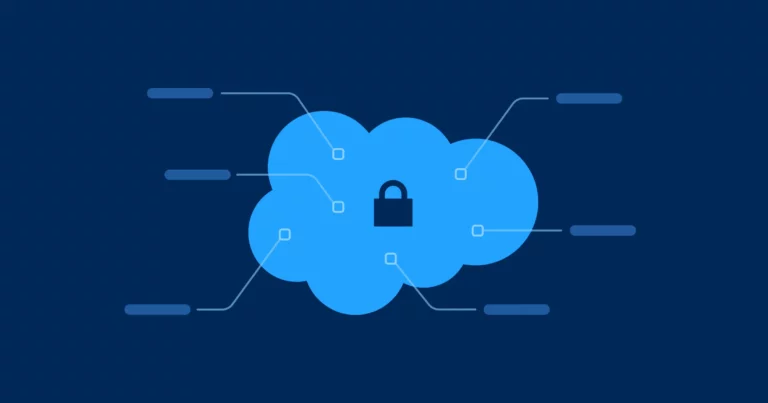
Explores how data masking is key to strengthening your Salesforce security.
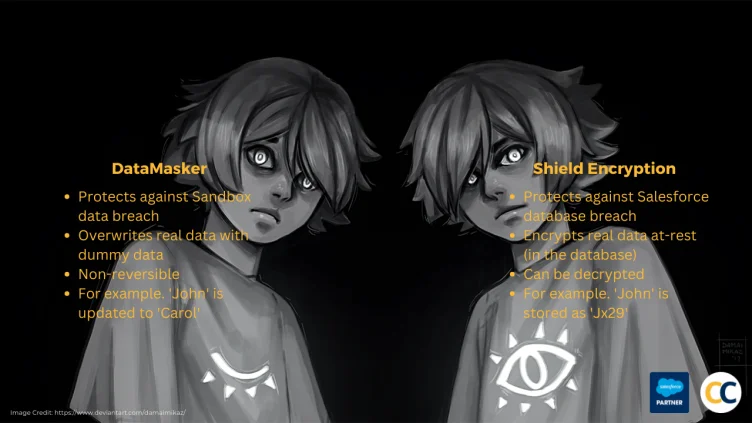
Table of Contents Salesforce provides businesses with the ability to protect their data from unauthorized access, both through Salesforce Shield Encryption and Sandbox Data Masking with DataMasker.

Disclaimer: To all readers, please note that this not legal advice, nor is this coming from Salesforce. This is strictly my personal opinion and perspective
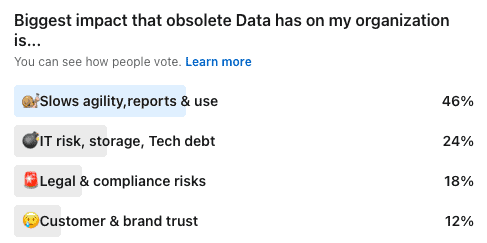
Marathon runners obsess over their socks and shoes – because to outdo their past performance, they need to take advantage of everything at their disposal.
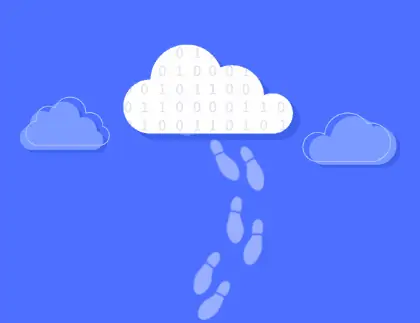
Reducing Salesforce data footprint directly reduces the cost and risks of potential data leaks and embarrassment, as well as benefits your organization. Here are
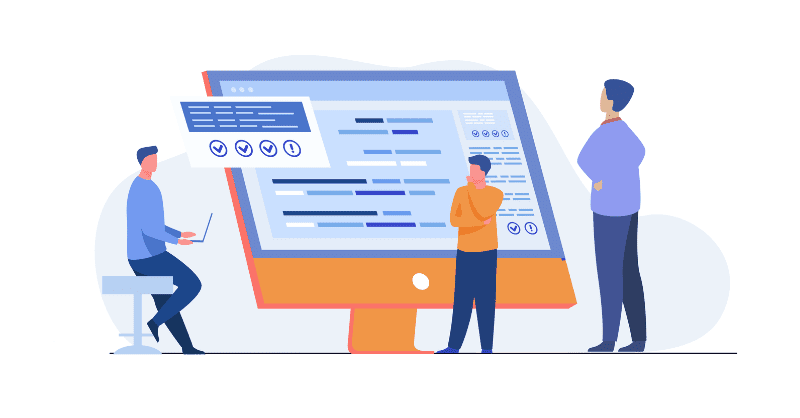
We earlier talked about reducing production data. The third step to reducing data in your Salesforce org is to define retention policies. The idea here

We talked earlier about masking sandboxes. The second step is to reduce production data. The idea here is that obsolete information in your Salesforce production
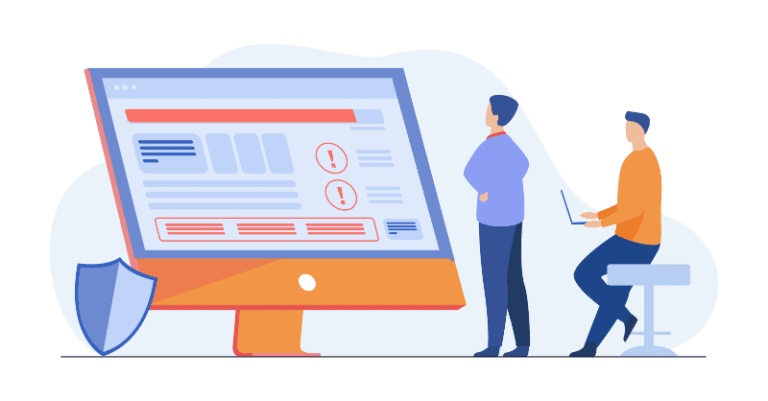
Why should you mask data in Salesforce and what kind of data should you be masking to ensure security, compliance and trust. Let’s take